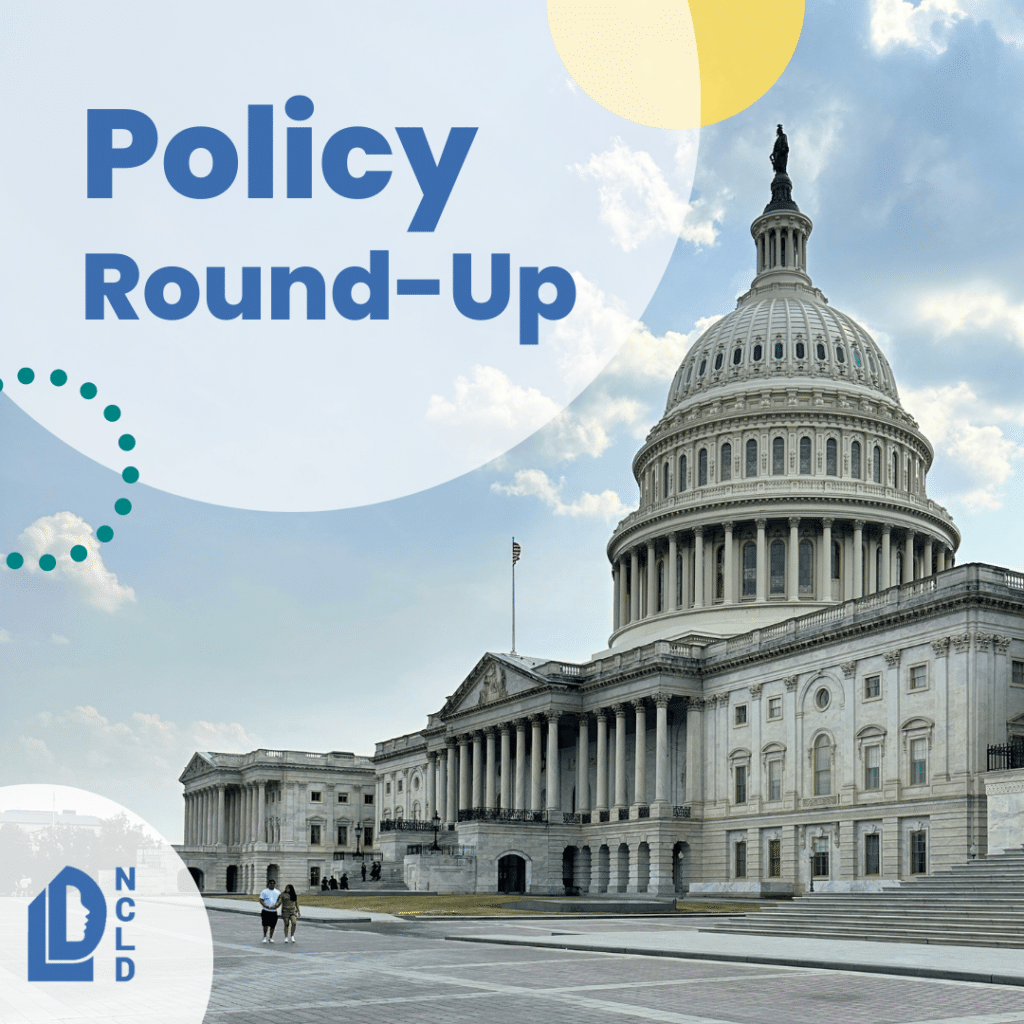Fueling the Disability Rights Movement
Investing in Brighter Futures
Championing Research & Understanding
Supporting Equitable Policies
Scroll to Explore

Our Mission
Our Mission
We are working to improve the lives of individuals with learning disabilities and attention issues—by empowering parents and young adults, transforming schools, and advocating for equal rights and opportunities.
Popular Resources
News & Views
Load More

Your Voice Matters
Your Voice Matters
There are a number of ways to get involved and champion the disability rights movement. Join us by sending a letter, calling, or sharing your story with your elected officials.




